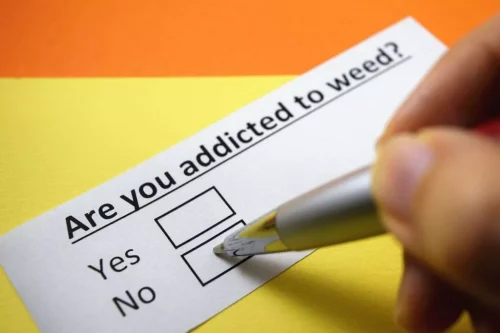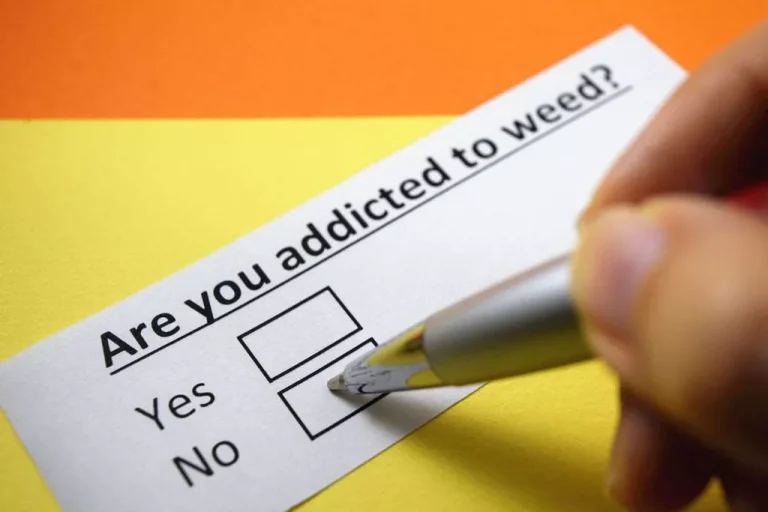
Mock job interviews and resume building workshops prepare individuals for re-entering the workforce with confidence. It’s like a dress rehearsal for success, where feedback is constructive and mistakes are learning opportunities. Imagine groups racing to identify and challenge negative thoughts, passing the baton of positivity from one member to another. Or picture a lively game of bingo where, instead of numbers, participants mark off common cognitive distortions as they recognize them in their own thinking.
- Add one activity that would help you improve your physical, emotional, mental, or spiritual health.
- Recovery group activities can equip you with techniques and skills to handle stress, which is a known trigger for drug and alcohol abuse.
- These groups also help fill your spare time and can help prevent loneliness.
- The helpline at AddictionResource.net is available 24/7 to discuss the treatment needs of yourself or a loved one.
- Facilitators as well as individuals can apply Recovery Group Activities whereby one has to identify the needs of the recovery group members.
- In this post, I highlight 50 Substance Abuse Group Therapy Activities for Recovery that you can use with your clients.
Addiction Recovery & Aftercare: Programs, Activities & Support Groups

Through a variety of exercises and discussions, group members learn to identify their triggers, manage cravings, and develop practical skills to stay on track. The peer-to-peer format of relapse prevention groups means that everyone has firsthand experience with the challenges of addiction and recovery, making the support more relatable and genuine. To learn more about addiction recovery, please reach out to a Recovering Champions specialist. Our substance abuse treatment programs offer mental health counseling, medication-assisted treatment, and other evidence-based services to help you or your loved one stay sober. Group fitness classes also provide a positive and healthy outlet for stress and emotions.
- It’s important to have moments of levity during addiction recovery to help build camaraderie and enthusiasm, and playing charades can provide some.
- Humor can relieve stress and bring people together, offering a lighter perspective on challenging times.
- This discussion explores how honesty can foster trust, reduce guilt, and support sobriety.
- Skilled facilitators are essential in guiding group activities effectively.
- Our team of licensed medical professionals research, edit and review the content before publishing.
What is a Recovery Support Group?
This discussion explores different types of physical activities and encourages members to incorporate regular exercise into their lives. Many people in recovery have faced trauma, which can be a driving force behind substance use. This topic provides a safe space to discuss the impact of trauma on addiction and explore ways to process it healthily. Learning to cook healthy meals promotes physical health and overall well-being. You learn to make nutritious choices that support your recovery and help you regain health. Relapse prevention group activities that focus on nutrition and healthy eating give you the chance to explore your relationship with food and food as a trigger for addiction.
Art Therapy Sessions
- Additionally, the group should recognize and celebrate contributions to boost morale and motivation.
- Group collage is a collaborative experiential exercise for group therapy where participants work together to create a visual representation of their shared recovery experience.
- The sense of community, shared experience, and ongoing accountability and encouragement make AA and NA effective tools in maintaining long-term sobriety and personal growth.
Social support is often instrumental in strengthening a commitment to sobriety and reducing the risk of relapse. Moreover, they can aid in addressing co-occurring disorders, or mental disorders that occur along with addiction, providing participants with valuable coping strategies. Group mindfulness practices and relaxation techniques, such as yoga or tai chi, significantly benefit people in all stages activities for addiction recovery groups of recovery, offering a form of self-care. Financial planning might not sound like a barrel of laughs, but turn it into a game, and suddenly budgeting becomes bearable.

These sessions promote a healthy relationship with food that supports your recovery from addiction. Fun group activities, hobbies, and mindfulness practices can replace negative behaviors with constructive ones. These relapse prevention group activities also help to build resilience, strengthen your social connections, and create positive memories. Relapse prevention group activities connect you with others with whom you can share your goals. Members of the group can become your support system, keep you accountable, and help you stay on track in achieving your goals.

